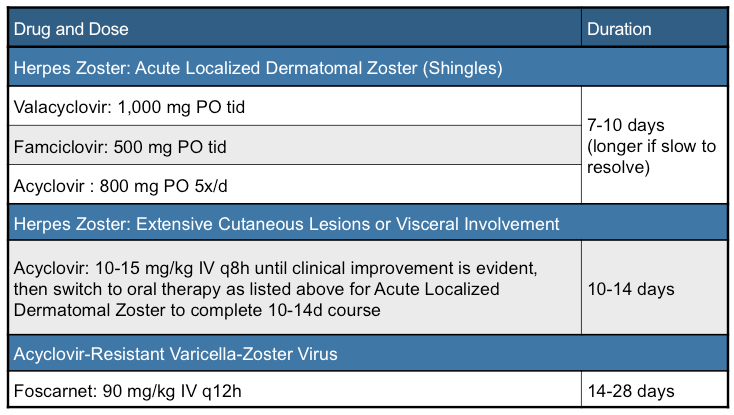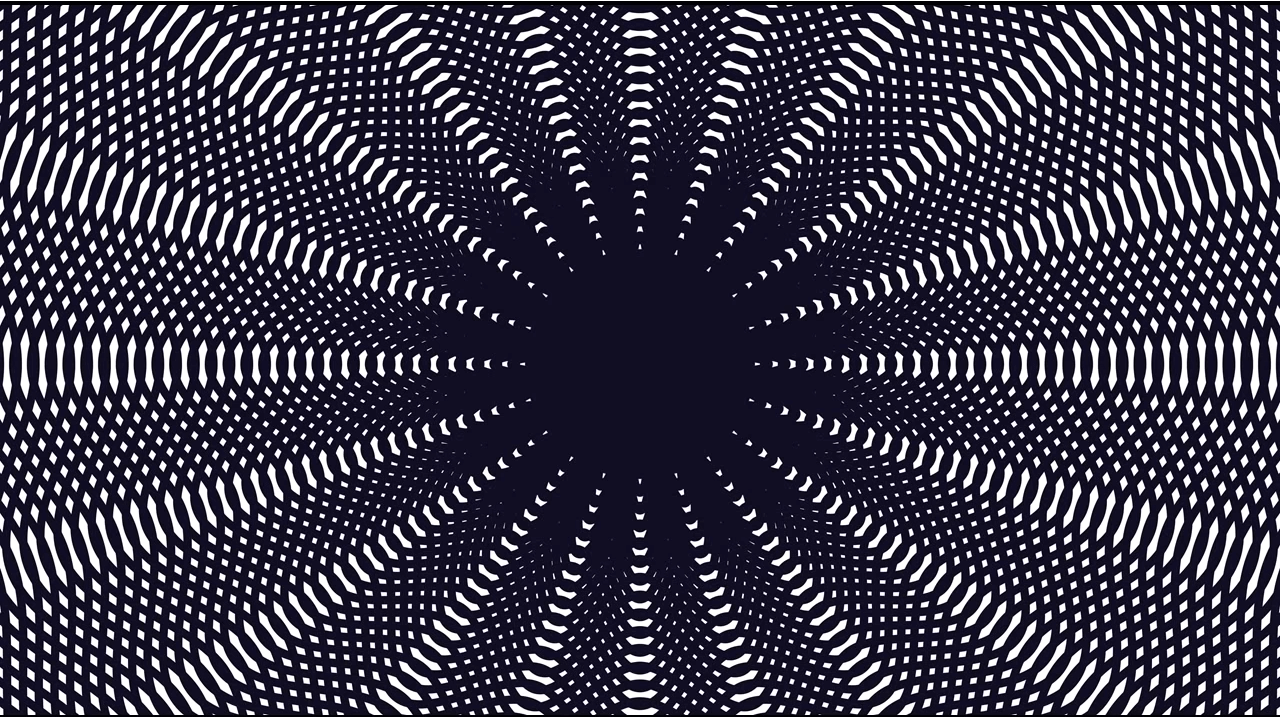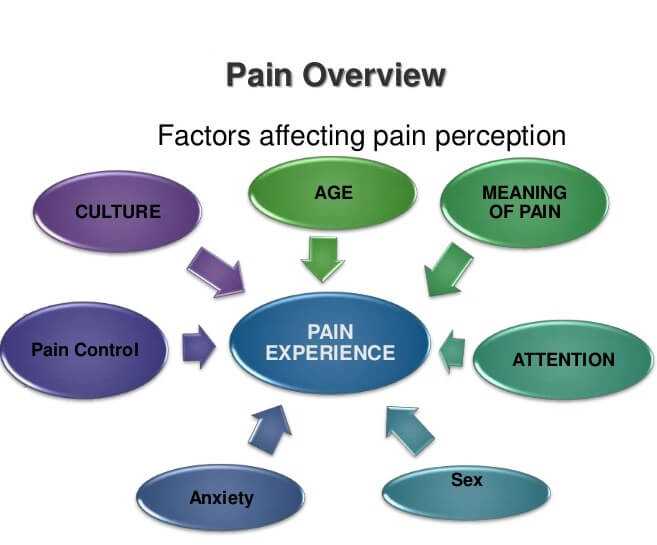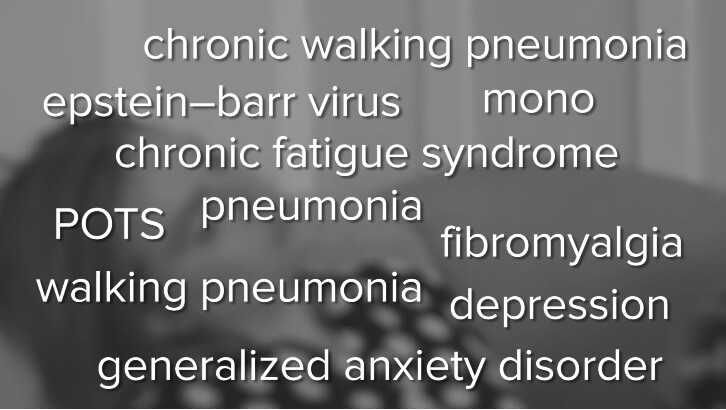The Sleep Disorder in Chronic Pain
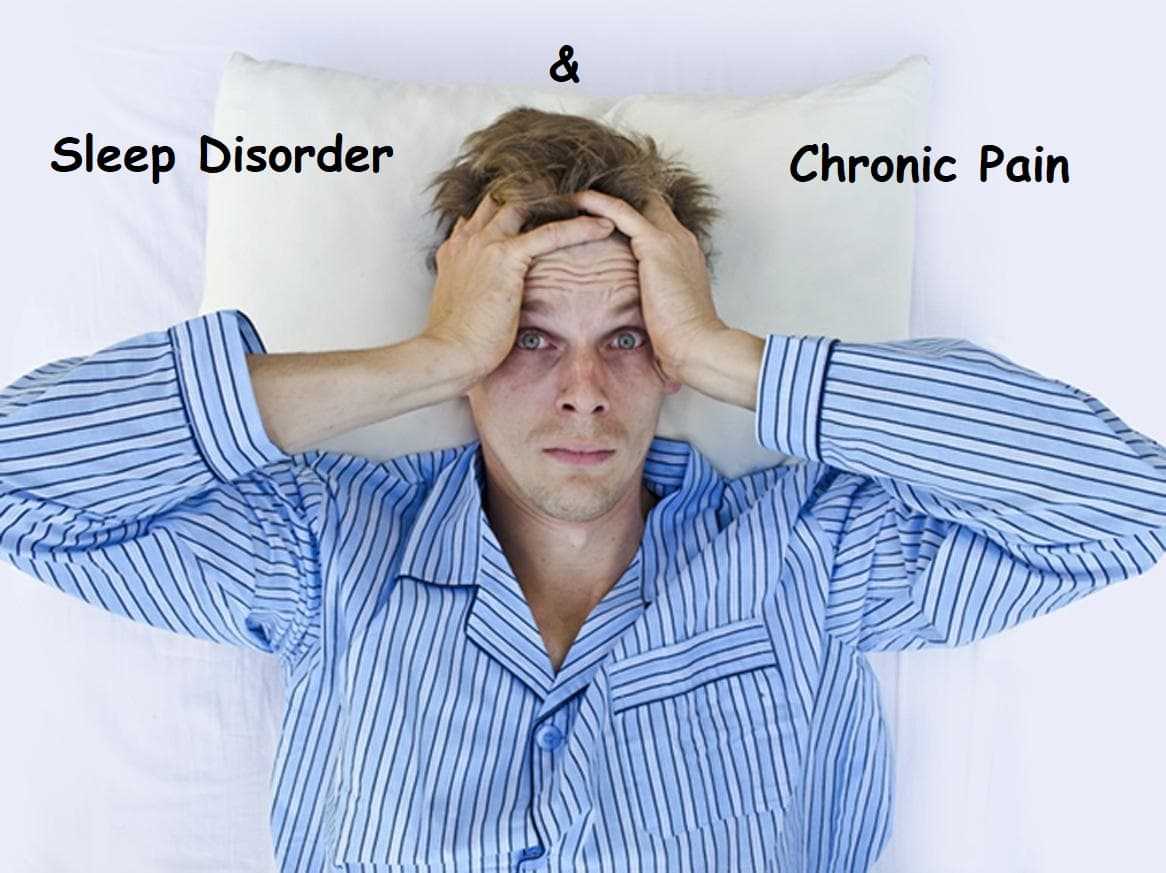
It has been said, “the next day begins the night before,” and nowhere is this more true than in the case of sleep in human beings. The exact brain biochemistry for the restorative function of sleep has still to be discovered. And yet, go without sleep for much more than a week and most human beings will die.
Most patients with chronic pain will have a sleep disorder. This disorder is usually due to poorly controlled pain relief. This monograph will be concerning the sleep disorder in chronic pain.

What We Know About Sleep
The patterns of sleep for human beings falls into 3 cycles: 1) EARLY CHRONOTROPES, 2) MIDDLE CHRONOTROPES, and 3) LATE CHRONOTROPES. As the names imply we are talking about “early risers”, “9 to 5 ers”, and the “night owls” respectively. The majority of people fall into the middle category.
So there seems to be some innate, “God given”, biochemical reason for sleep cycles in human beings. The electrical pattern in the most restful time of sleep (called REM sleep for “rapid eye movement”) resembles the electrical pattern of being awake.
Finally, a small structure in your brain called the Pineal Gland seems to help regulate your sleep pattern through a chemical called Melatonin. Multiple other areas of your brain are also involved in the process of sleep.
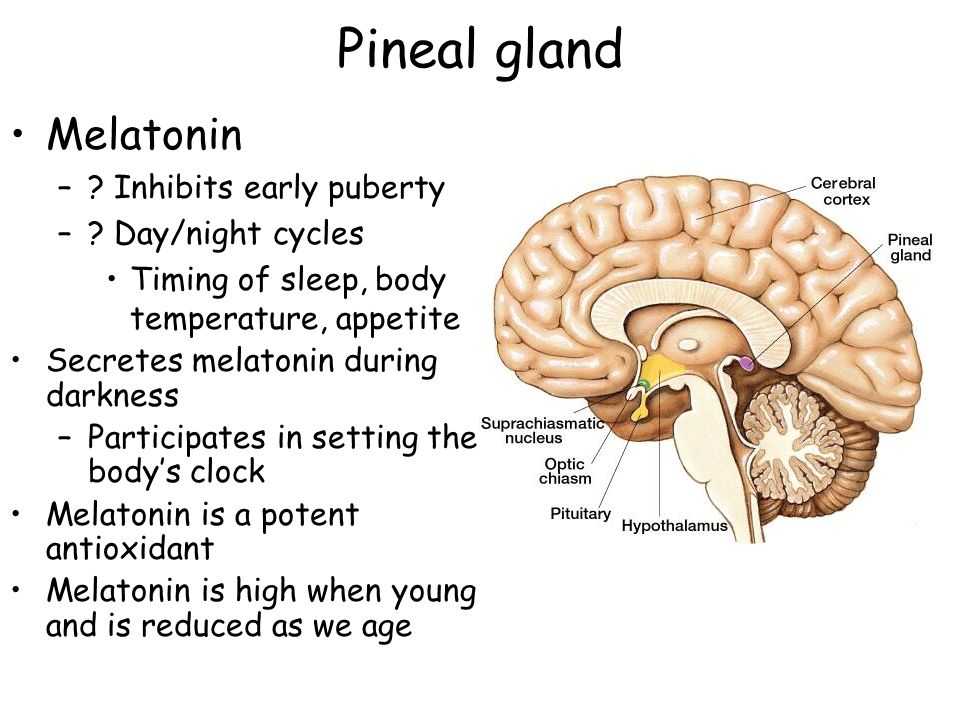
What About The Interaction Of Pain And Sleep?
The National Sleep Foundation puts the number of people with a sleep disorder in chronic pain at around 63% (this does not include people with acute pain). The combination of the pain, stress response, and depression seem to all play into the sleep disorder of chronic pain.
Many practitioners will focus on inducing sleep when the real need is to effectively treat a person’s pain in order to re-establish their sleep pattern. Even then, many people with chronic pain will not establish a normal sleep pattern.
This sleep disorder is one of the reasons there is an increase in overall mortality for people with chronic pain. Yes, you heard me right, people with chronic pain live shorter lives and it is not just due to the underlying illnesses.
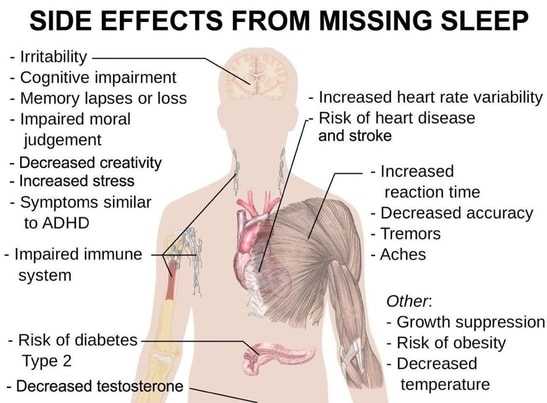
What Can Be Done To Improve Sleep In People With Chronic Pain?
The first step in treating the sleep disorder in chronic pain is to have a complete history and physical by your primary care practitioner. Pending their review, a precise diagnosis must be made, if possible.
You may need to see a Neurologist who specializes in Sleep Disorders (or a Lung Specialist). Here are a few general suggestions that may help:
- Avoid all caffeine, nicotene, and other stimulants 3 hours before sleep.
- Avoid reading, watching television, or listening to the radio in your bedroom before sleep.
- Avoid over the counter sleep medications that use anti-histamines to induce sleep (as the type of sleep that they produce is not restorative or not REM).
- Consider utilizing a sound generating device that may induce sleep (also known as “white noise”).
Important Note
Remember to take your pain medications exactly as prescribed by your primary care practitioner so that your pain is adequately controlled during sleep.
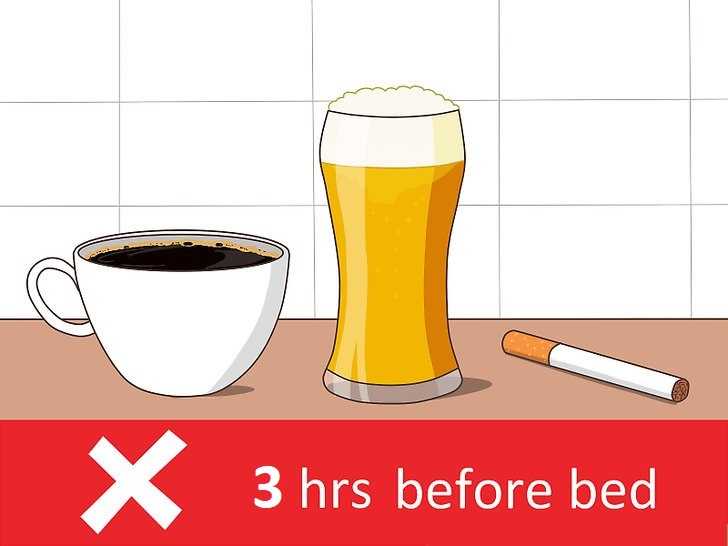
Finally
If you suffer from a chronic pain sleep disorder you may be able to establish a restful sleep cycle by following these simple guidelines. Hope is just a phone call away to your primary medical practitioner.
Please leave a comment or question regarding your chronic sleep disorder in the space provided below.I hope you have enjoyed this article.I wish you good health and much joy.

